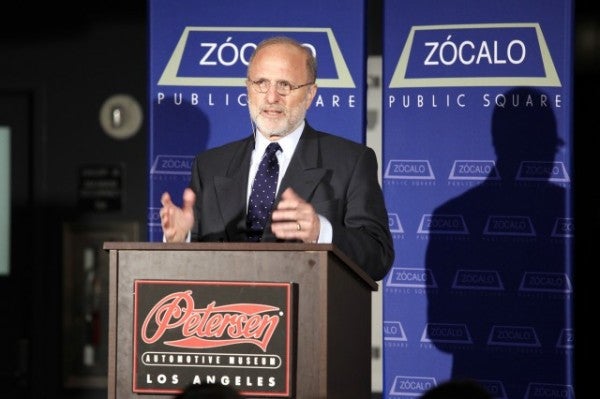My Museum’s Got More Picassos Than Yours
What’s the Secret to a Successful Museum?
Museums have a lot of people to answer to: artists and critics, curators and funders, and of course the visitors who stroll through their doors. Successful museums somehow satisfy–and even thrill–these many different constituencies, even as they adjust to changing technology and demographics in their communities. How do these museums do it? In advance of the Zócalo event “How Can L.A.’s Art Museums Thrive?” we asked museum directors and scholars to reveal the secret behind a successful museum.
Ask its visitors
A successful museum is an institution that matters to its …














